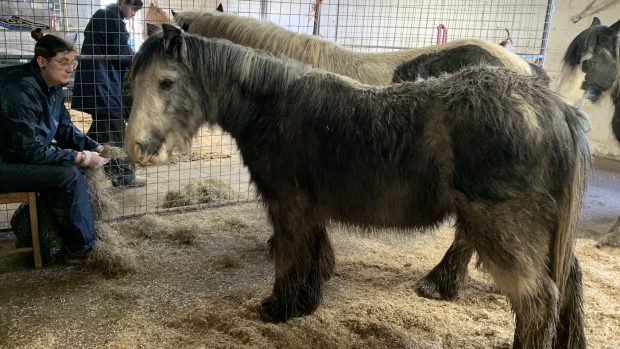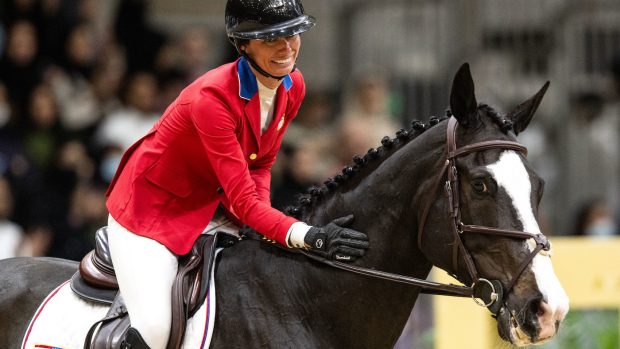As part of an initiative by the FEI and the International Conference for Equine Exercise Physiology (ICEEP), the world’s leading endurance vets and research scientists used the FEI Newmarket & Emirates Endurance Office’s 160km ride last weekend as a forum for pioneering work on the development of the sport.
At its 6th annual conference in Kentucky in 2002, ICEEP had emphasised the need for an overhaul of endurance riding, following the deaths of two horses in “adverse weather conditions” during the endurance competition at the World Equestrian Games in Jerez earlier that year.
“The idea is that if the whole standard of veterinary practice at endurance competitions is lifted, then problems can be avoided, for instance the question of an inexperienced vet not seeing the details in the same light as an experienced vet, and therefore perhaps missing a problem,” says Dr David Marlin of the AHT
During the 160km ride last weekend, researchers looked at weight loss in horses, how their immune system reacted to the exertion, and the question of dehydration and loss of electrolytes.
One of the major focuses of the research was to determine the susceptibility of a horse to developing heart conditions as a result of endurance training and riding. The electrical activity of the heart was monitored in horses before and after the ride with this aim in mind.
“We have a limited amount of good information about what happens to horses as they undergo the stress of an endurance race. By carrying out research in the field, we are looking at the problems directly, and trying to come up with solutions,” Marlin said.
In addition to tests carried out on horses at various stages during their participation in the race, a two-day conference was held beforehand for FEI and potential FEI vets. Sessions included the latest findings on nutrition and an analysis of views on lameness at trot-ups.
Following the ride, 40 vets and equine scientists involved in the sport attended a workshop in Newmarket hosted by the AHT and sponsored by the ILPH, Purina and Waltham, which looked at research conducted throughout the ride.
David Marlin explained: “We need to know for instance, whether the unfortunate accidents in Jerez could have been prevented, and if they were preventable, what could be done in future to avoid any such tragedies?
“We need facts rather than opinions; we need to know why horses get eliminated; we need to know whether the structure of vet gates is correct and whether the criteria are strict enough. The outcome of the forum was very positive – everyone was there because of a combined interest in the welfare of horses in endurance,” he continued.




